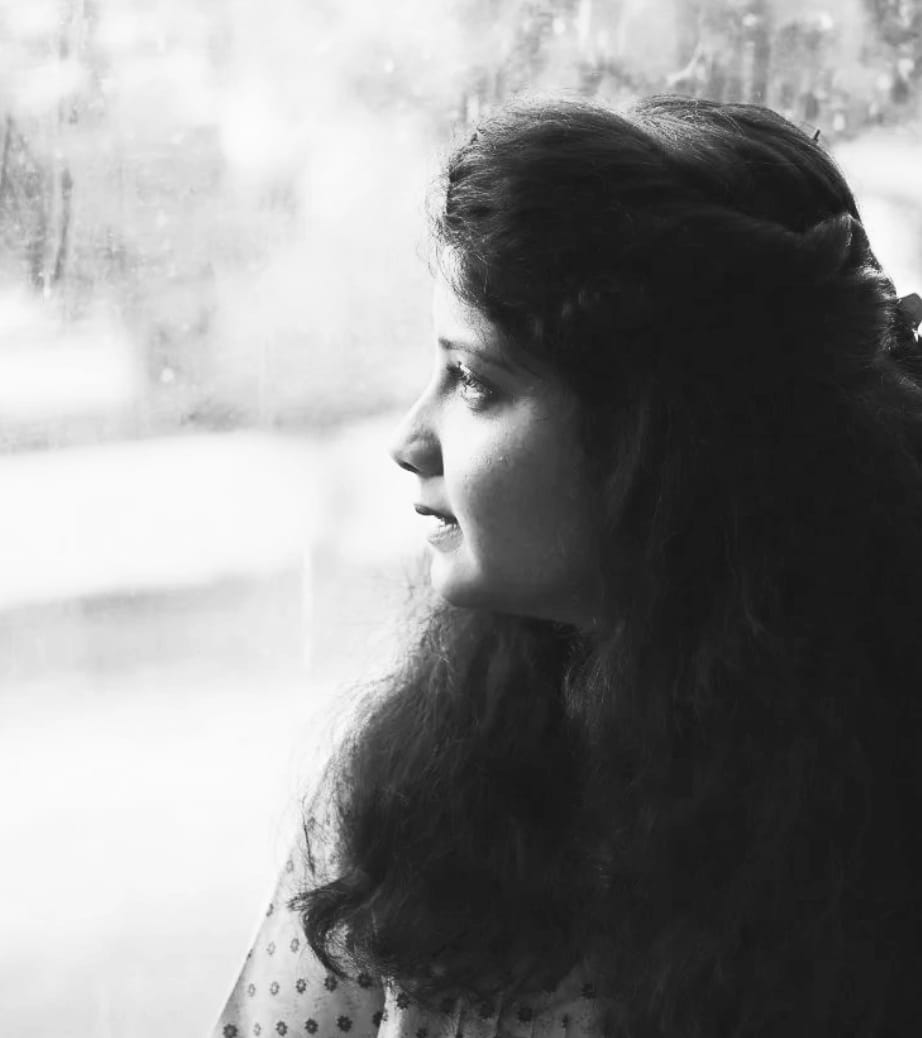By: Naina Samson
Forced conversions and early marriages represent severe human rights violations that wreak havoc on minority communities. This practice not only affects the individual victim but exerts immense pressure on families, exposing young girls to intense physical, emotional, and social challenges. These girls often endure physical and sexual violence, losing their rights to freedom and self-determination.
The psychological trauma inflicted by these experiences can lead to long-term mental health issues such as anxiety, depression, and post-traumatic stress disorder (PTSD).
Case Study: Farah Shaheen
Consider the case of Farah Shaheen, covered in the Centre for Social Justice’s award-winning film Hamsaya. Farah, a 12-year-old Christian girl, was abducted in June 2020 by Khizar Ahmed Ali, a 45-year-old local Muslim man. Reports indicate that he forcibly converted her religion by marrying her, keeping her chained in his home and subjecting her to severe trauma. Over five months, she suffered sexual assault at the hands of her abductor and the landlord.
When Farah went missing, her family reported her disappearance to the police, who initially refused to file a First Information Report (FIR). After three months of persistence from her family, the police finally registered the case. Her father presented her official birth certificate, confirming her age as 12, but the court-commissioned medical report claimed she was between 16 and 17. Despite her father’s objections, the court denied her return to her family, placing her instead in a women’s refuge. She was rescued in December 2020.
This case highlights how these incidents affect not only individuals and families but entire communities. Minority communities in the region experience lasting fear, depression, and self-doubt, with the constant worry of similar incidents happening again. In a conservative society that stigmatizes victims of sexual assault, survivors often face rejection from their own communities.
Rise in Forced Conversions
Reports indicate a rise in forced conversions in recent years. Between January and August 2024, 35 incidents were reported—11 in Punjab and 24 in Sindh. Since 2021, over 404 cases have been documented. From January to December 2023, police registered only five cases under the Child Marriage Restraint Act, with no perpetrators convicted thus far. Although the Pakistan Penal Code offers limited remedies under Section 498A and the Child Marriage Restraint Act, FIRs still lack comprehensive clauses for addressing forced conversions.
In April 2024, Justice Shahid Kareem of the Punjab High Court suspended the minimum marriage age of 16 for girls and directed the Punjab government to address age disparities. Yet, no legislative action has been taken, and in recent United Nations reviews under CERD and CCPR, the government denied the existence of forced conversions.
The Health and Social Impact of Early Marriages
Early marriages lead to health risks, often going unnoticed. Minor girls from minority faiths are frequently forced into marriage at a young age, compelled to convert to Islam on the same day. Statistics reveal that 19% of forced conversions occur for marriage. A significant age difference between the bride and groom (often 20–30 years) is common. Many cases involve extreme poverty, where 50% of girls are divorced within three to four months of marriage. They are left isolated from their families and communities, finding little acceptance from the families of their abusers.
This isolation traps these girls in a cycle of poverty and domestic violence, preventing them from seeking help or escaping. If they conceive, their mental and emotional distress can extend to their children, further perpetuating the cycle of trauma.
Long-Lasting Psychological and Social Impacts
The psychological damage to survivors extends beyond the initial trauma. Forced conversions and early marriages devastate self-esteem, leaving survivors stigmatized. Often unsupported, they endure societal shame, regularly reminded of their experiences. Christian and Hindu survivors are pressured to conform to societal expectations, suppressing their true identities and conforming to norms imposed by a patriarchal, dominant society. They spend their lives burdened by guilt, internalizing the belief that they are unworthy of happiness.
Survivors are also at risk of developing Conversion Disorder, a condition where psychological trauma manifests as physical symptoms such as seizures and paralysis. This disorder, stemming from intense trauma, disrupts brain function and exacerbates their suffering.
The Role of International Organizations
International organizations and local NGOs have a vital role in advocating for these girls’ rights, offering necessary support to help them rebuild their lives. However, the continued prevalence of forced conversions and early marriages highlights the influence of majoritarianism. The belief that the majority should dictate a country’s norms fuels an urge to convert minorities. The ineffective justice system further compounds this issue, as the lack of specific laws leaves many without recourse. Victims and their families are often afraid to seek legal support, facing financial barriers and intimidation.
Some laws exist, but there is significant non-compliance and denial from institutions. “Forced conversions have persisted since pre-partition India when the Child Marriage Restraint Act of 1929 was introduced by Muslim parliamentarians to protect their minor daughters. Pakistan’s first law minister, Mr. Jogendra Nath Mandal, highlighted forced conversions in his resignation letter as one of the core issues facing minority communities. Since then, Pakistan’s minorities have consistently demanded specific legislation against forced conversions”
Today, conversion and marriage certificates are often enough to acquit abductors in the eyes of the legal system. Pakistan’s justice system has gaps that necessitate urgent reform to protect the human and legal rights of victims, as the emotional scars from these experiences are long-lasting and deeply rooted.
About Author: Naina Samson is a Christian Women Activist and Psychologist.



Hi Naina Samson,
You done your job excellent and the community needs awareness was like.steel money stories hidden yet,Definitely we Have to Work on Human Rights And Restore their Courage.May God bless you